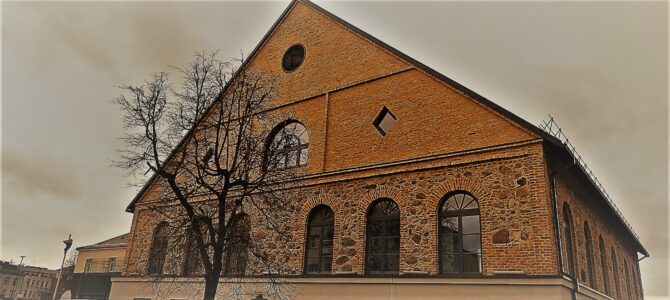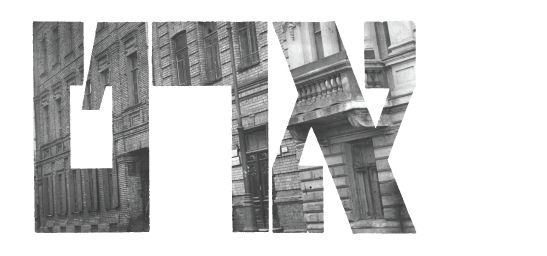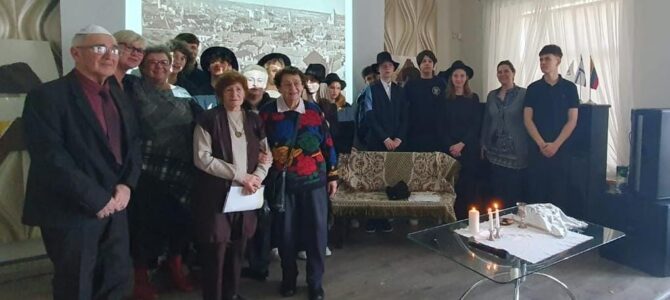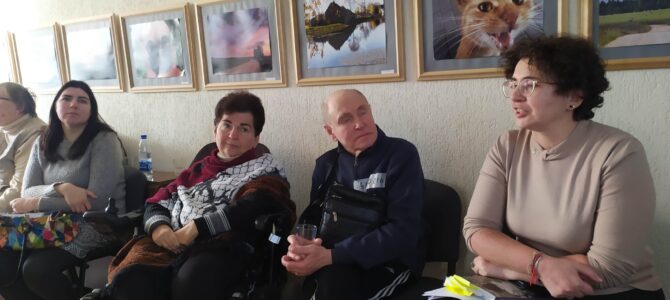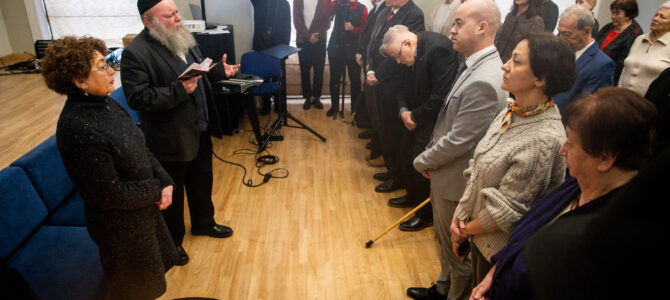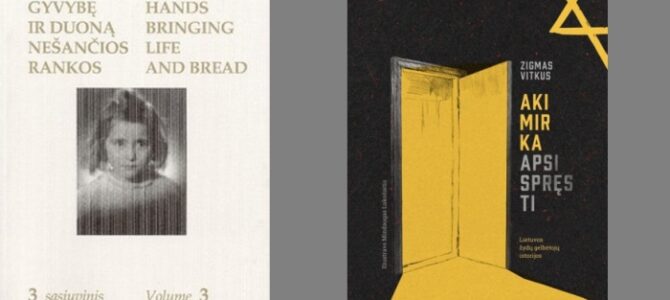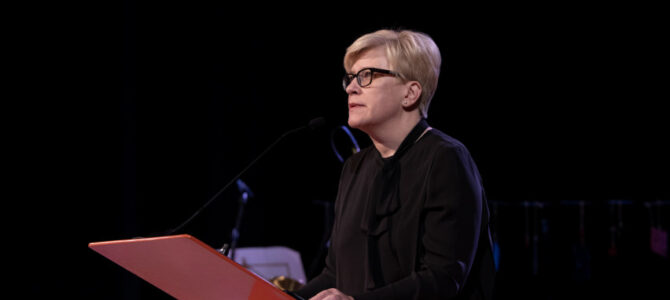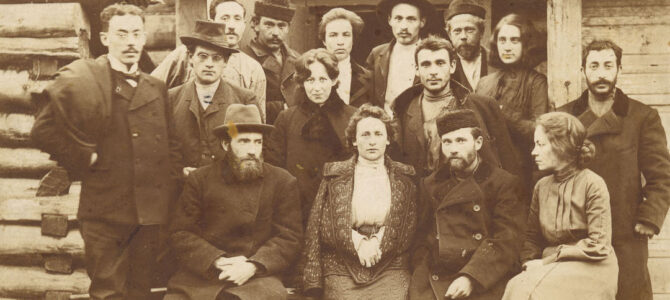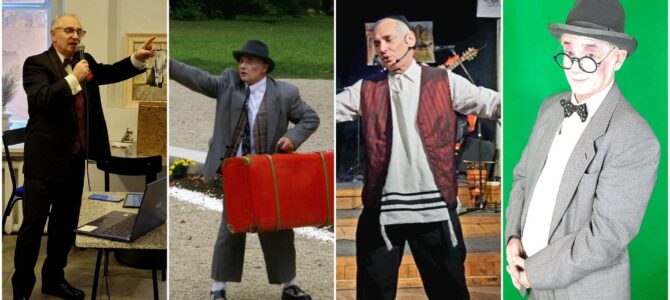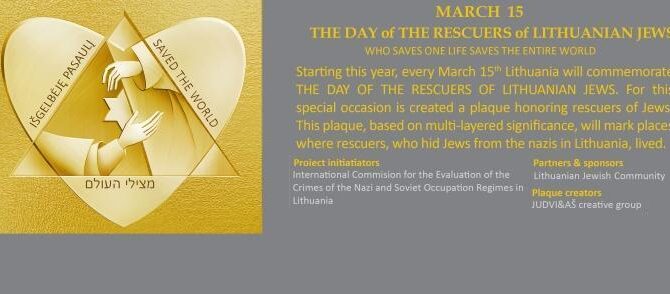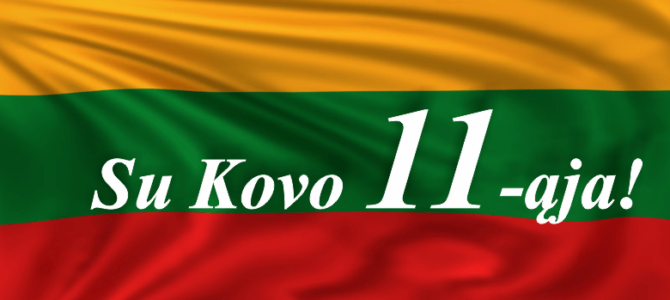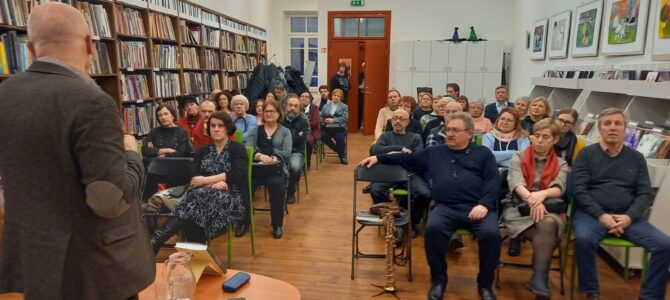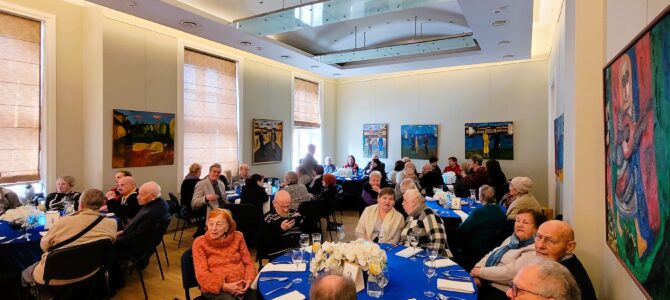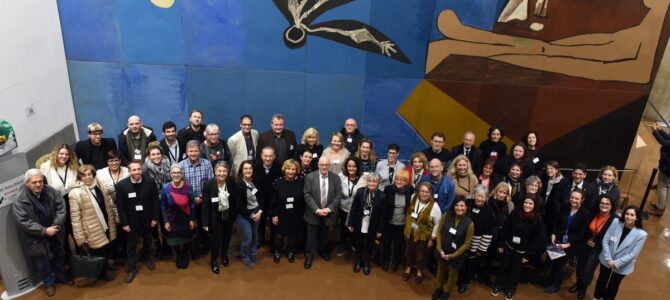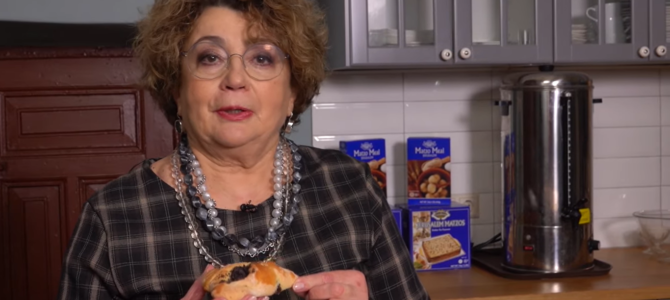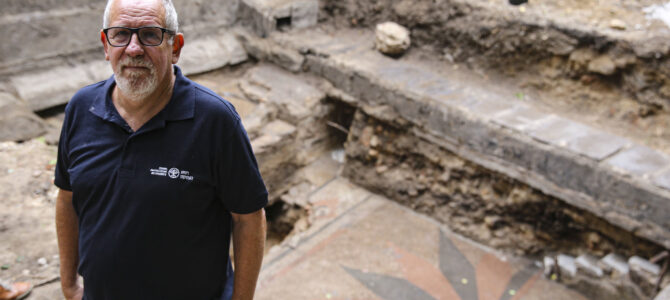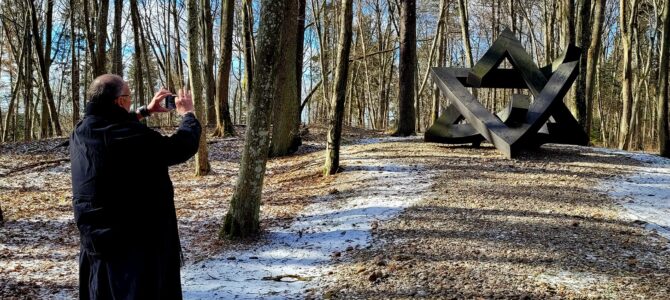One of the synagogues in Kupiškis, Lithuania, which houses the town’s public library has been undergoing restoration for the last six years. On Friday, March 24, Lithuanian Jewish Community chairwoman Faina Kukliansky, Israel ambassador to Lithuania Hadas Wittenberg Silverstein and US ambassador Robert Gilchrist visited the synagogue and saw the results of the reconstruction work.
“A large Jewish community lived in Kupiškis before the war,” chairwoman Kukliansky said. “They were almost all exterminated by the Nazis and local collaborators. It is right that their story is remembered, if only eighty years later, and that the residents of Kupiškis who come here or pass by outside will see this building and be reminded of the great contribution Jews made to the community’s success.”
Jews settled in Kupiškis sometime in the 17th century. In 1682 bishop Mikołaj Pac (Mikolajus Pacas in Lithuanian) issued a permit for the construction of a synagogue. Around 2,661 Jews accounting for 71% of the population lived in Kupiškis in 1897. During the period between the two world wars there were three working synagogues in the town, adjacent and forming a courtyard, with the Great Synagogue on the northern side, the Small Synagogue on the south and the Hassidic synagogue on the western side. The Great and Hassidic synagogues survive. In 1950 the Great synagogue building was used as the town’s public library. The entrance way into the library has a commemorative plaque with a citation from the Book of Isaiah, 56:5: “I will give them an everlasting name, that shall not be cut off,” in Hebrew, English and Lithuanian. The first floor of the building is now being used as a library with the second storey as space dedicated to the Jewish community.


